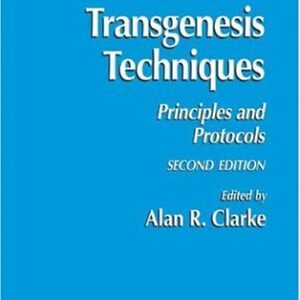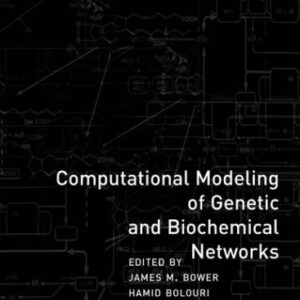The need to continually discover new agents for the control or treatment of invertebrate pests and pathogens is undeniable. Agriculture, both animal and plant, succeeds only to the extent that arthropod and helminth consumers, vectors and pathogens can be kept at bay. Humans and their companion animals are also plagued by invertebrate parasites. The deployment of chemical agents for these purposes inevitably elicits the selection of resistant populations of the targets of control, necessitating a regular introduction of new kinds of molecules. Experience in other areas of chemotherapy has shown that a thorough understanding of the biology of disease is an essential platform upon which to build a discovery program. Unfortunately, investment of research resources into understanding the basic physiology of invertebrates as a strategy to illuminate new molecular targets for pesticide and parasiticide discovery has been scarce, and the pace of introduction of new molecules for these indications has been slowed as a result. An exciting and so far unexploited area to explore in this regard is invertebrate neuropeptide physiology. This book was assembled to focus attention on this promising field by compiling a comprehensive review of recent research on neuropeptides in arthropods and helminths, with contributions from many of the leading laboratories working on these systems.
Biology
[PDF] Neuropeptide Systems as Targets for Parasite and Pest Control Debra Woods, Cheryl Butler, Tracey Williams (auth.), Timothy G. Geary PhD, Aaron G. Maule PhD (eds.)
$19.99

![[PDF] Neuropeptide Systems as Targets for Parasite and Pest Control Debra Woods, Cheryl Butler, Tracey Williams (auth.), Timothy G. Geary PhD, Aaron G. Maule PhD (eds.)](https://pdfelite.com/wp-content/uploads/2024/04/b4d1df0fdcd720c11d0a4e38b500cac1-d.jpg)




Reviews
There are no reviews yet.